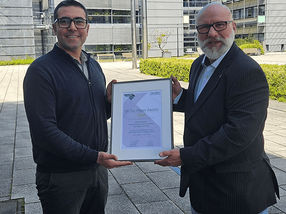Cellulose instead of Crude Oil: Sustainable Foams Developed
An international research team has developed certified biodegradable and recyclable multi-purpose foams
foams have numerous possible potential applications, for example ranging from the automotive, household and mechanical engineering sectors to leisure and sports applications. Until now, it has been common practice to produce these materials from crude oil, which negatively impacts their ecological footprint. In the EU project BreadCell, an international consortium has developed cellulose-based foams that are produced using a process similar to baking bread. These foams are completely biodegradable and recyclable. Two Institutes at Graz University of Technology (TU Graz), the Institute of Bioproducts and Paper Technology and the Vehicle Safety Institute, played a crucial role in developing the technology.
Many potential areas of application
“It is important to implement sustainability efforts in as many areas as possible,” says Stefan Spirk from the Institute of Bioproducts and Paper Technology at TU Graz. “Cellulose is plant-based and available in large quantities. Replacing oil-based products with those made from cellulose materials is the goal and the foams developed in the BreadCell project have a wide range of potential applications.” The researchers identified the following application areas, among others, as highly suitable for the environmentally friendly foams: the automotive sector for crash impact energy management, the construction sector as an insulating material, and the sports industry for the manufacture of sports equipment and shoe soles. The material also offers potential benefits in terms of moisture management and acoustics.
Fibre design and simulation models
A key aspect of the project was to establish correlations between the foam strength and the fibre design using advanced simulations models. In order to obtain the material input data required for these simulations, the material was comprehensively characterised. This included tests under a wide variety of loads, for which a dedicated test rig at TU Graz was used, that characterises the behaviour of materials under dynamic and rapid loads. Based on the data and developed models, foams with different densities and mechanical properties were produced and applied in various demonstrators.
For example, the researchers have produced and tested a skateboard, a bodyboard, a bicycle helmet and shoe insoles. “The development of the foam also revealed an interesting property: it was a challenge to keep the density perfectly homogeneous over the entire thickness of the foam,” says Florian Feist from the Institute of Vehicle Safety at TU Graz. “But this inhomogeneity proved to be advantageous in one specific application: bicycle helmets. A softer centre layer enables a kind of shearing between the outer and inner helmet layers. This reduces the rotational load on the brain when there is an impact, similar to the principle of modern safety systems such as the MIPS system.”
First project spin-off produces shoe insoles
In addition to Chalmers University (project coordinator) and TU Graz, three other institutions were involved in BreadCell: The University of Vienna worked on sandwich constructions for lightweight components, while Tecnalia in Spain tested the feasibility of industrial implementation and BioNanoNet (BNN) in Graz assessed the biodegradability and life cycle performance. The project has also given rise to a spin-off company, FOAMO, which manufactures lightweight and cushioning insoles based on the developed foams.
Most read news
Organizations
Other news from the department science

Get the chemical industry in your inbox
By submitting this form you agree that LUMITOS AG will send you the newsletter(s) selected above by email. Your data will not be passed on to third parties. Your data will be stored and processed in accordance with our data protection regulations. LUMITOS may contact you by email for the purpose of advertising or market and opinion surveys. You can revoke your consent at any time without giving reasons to LUMITOS AG, Ernst-Augustin-Str. 2, 12489 Berlin, Germany or by e-mail at revoke@lumitos.com with effect for the future. In addition, each email contains a link to unsubscribe from the corresponding newsletter.
Most read news
More news from our other portals
Something is happening in the chemical industry ...
This is what true pioneering spirit looks like: Plenty of innovative start-ups are bringing fresh ideas, lifeblood and entrepreneurial spirit to change tomorrow's world for the better. Immerse yourself in the world of these young companies and take the opportunity to get in touch with the founders.
Last viewed contents

How tire abrasion pollutes water and endangers animals - It's not just rubber: of the more than 2,400 chemicals present, at least 140 additives are leached out
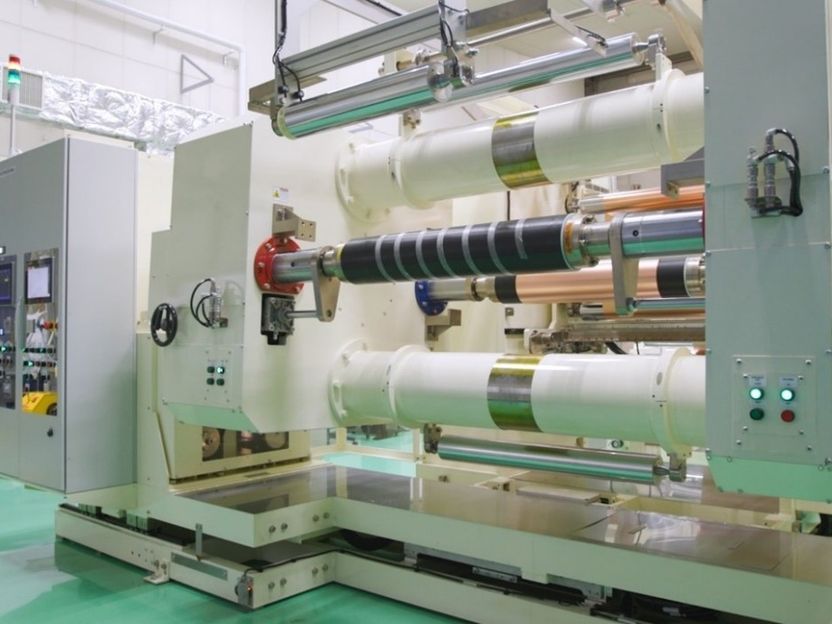
Siemens and Hirano Tecseed, a Japanese machine builder, are partnering to transform battery manufacturing processes - Collaboration supports optimization and digitalization of battery manufacturing machines
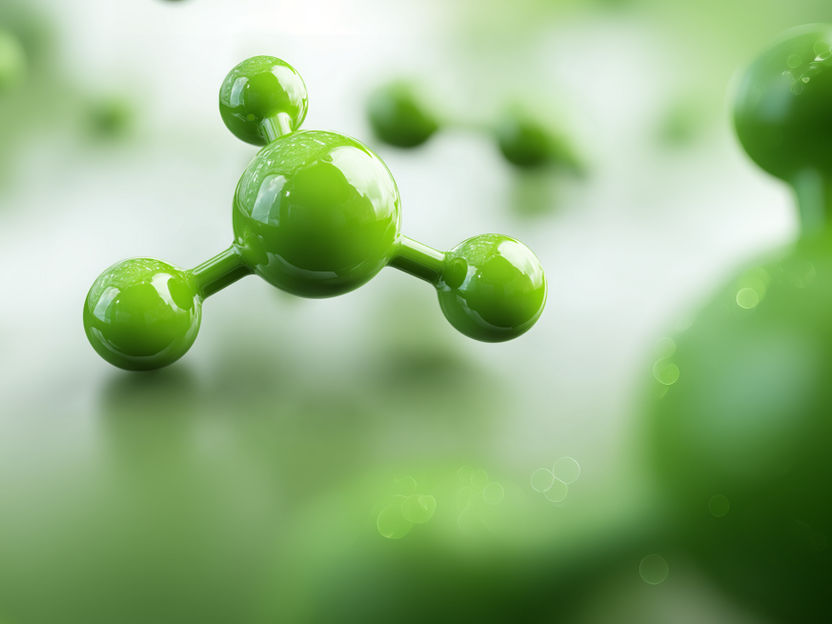
New Prospects for Green Ammonia - Study provides a blueprint for load-flexible production plant – and lower costs

Heaviest tin isotopes provide insights into element synthesis
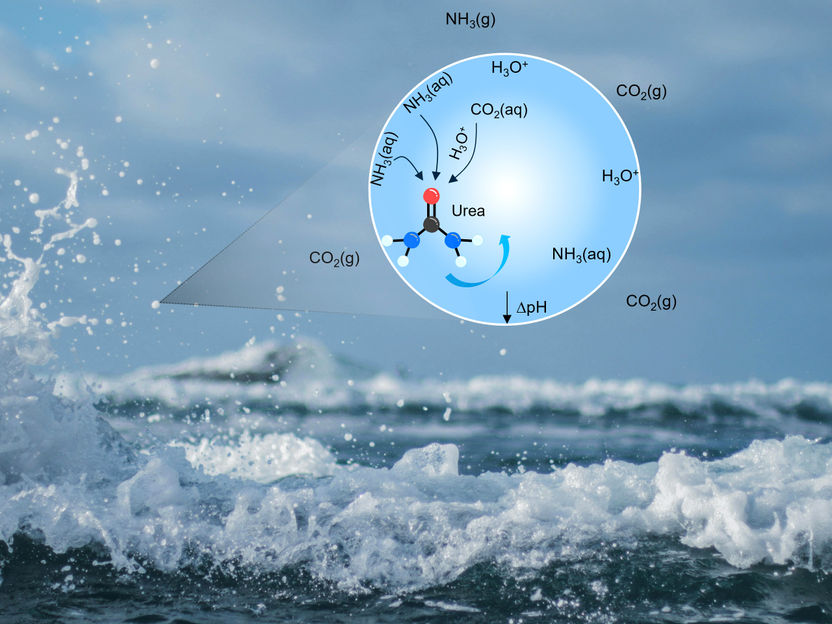
How urea forms spontaneously - New reaction discovered: Potential for sustainable and low-energy urea synthesis
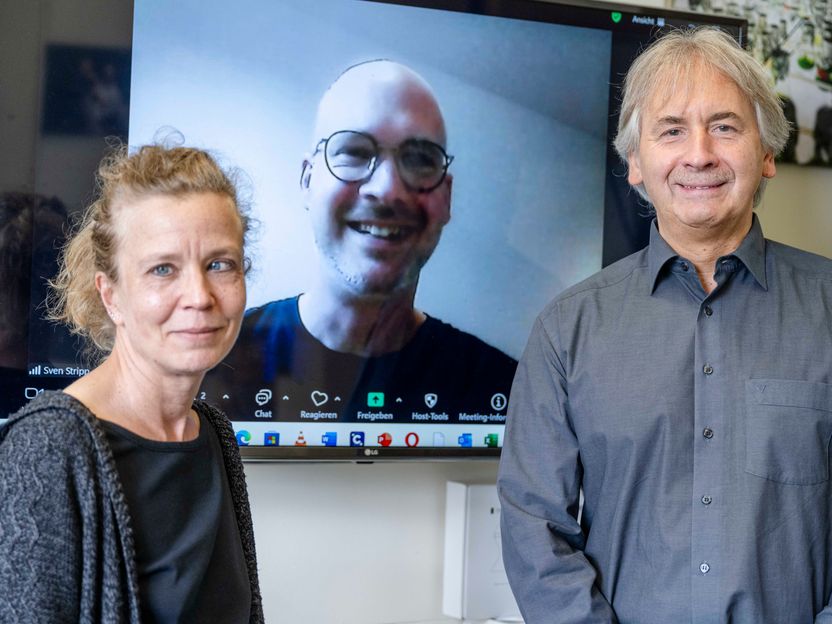
Small but Mighty: Miniaturized Hydrogen Production - “We asked the biologically somewhat crazy question of whether we can’t just find a shortcut and let ferredoxin produce hydrogen”
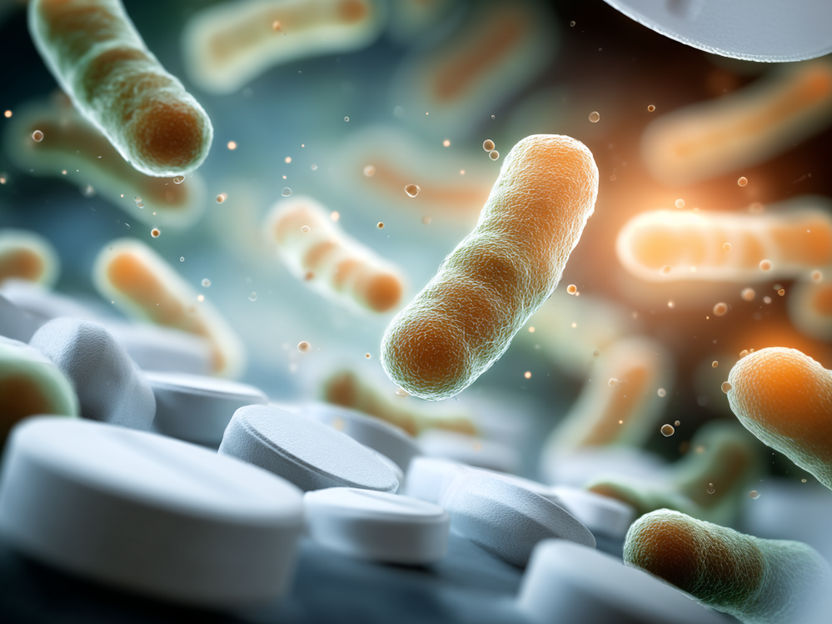
Microbes transform plastic waste into paracetamol - How traditional chemistry can work with engineering biology to create sustainable chemical-producing living microbial factories

PFAS: A novel path to breaking down “forever chemicals” - A new catalyst capable of cleaving strong carbon-fluorine bonds has been developed – potential use in pharmaceutical production
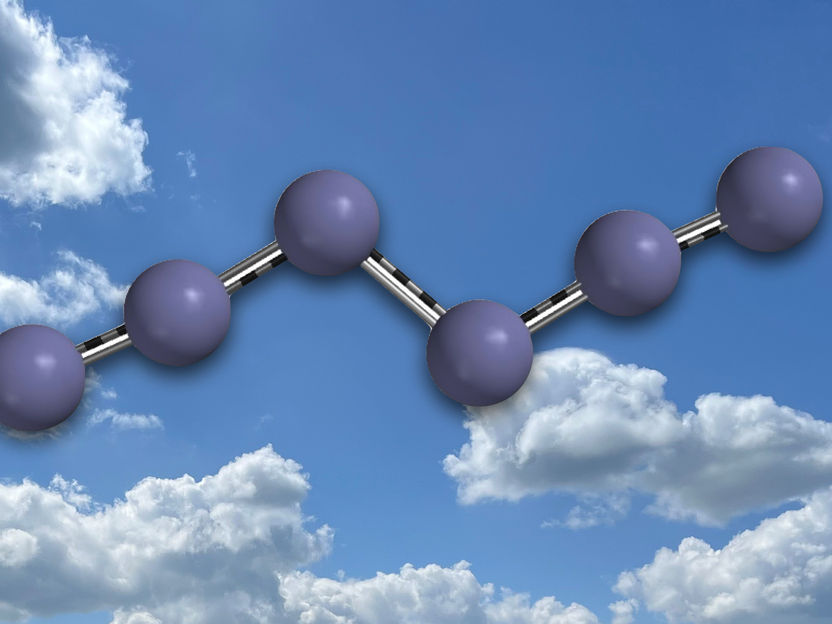
Chemists produce hexa-nitrogen for the first time - the most energy-rich substance ever formed - "...a huge advance in nitrogen chemistry": future application as environmentally friendly energy storage conceivable

Selective and reversible adsorption of gases - Things are much better under tension
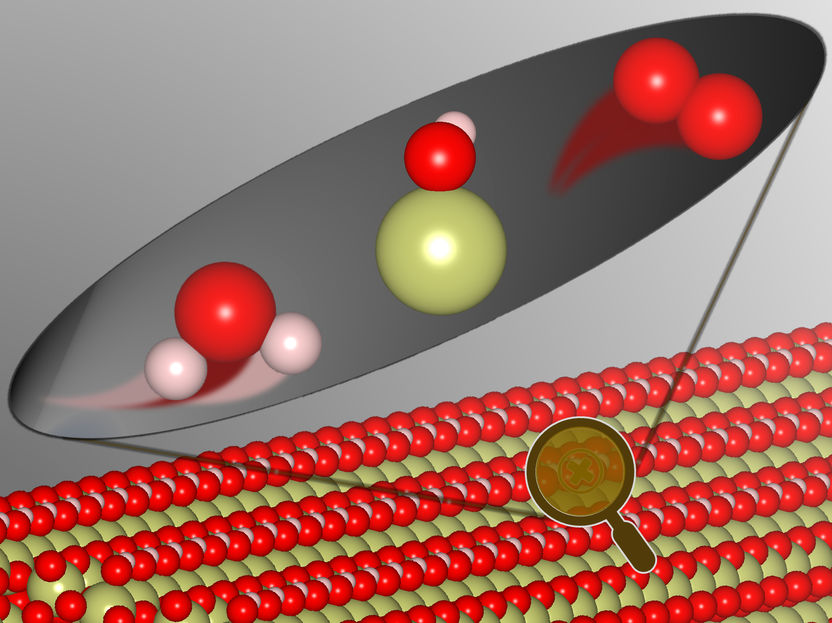
New Dynamics Discovered in Heterogeneous Catalysis - Researchers have shown that solid catalysts can sometimes behave differently than previously assumed during hydrogen production

















